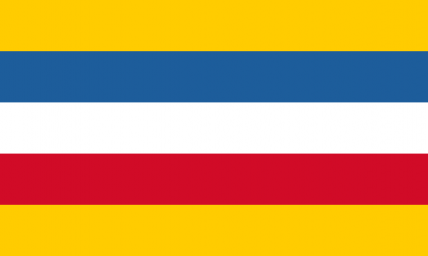Geilinor wrote:The Nihilistic view wrote:
Pretty much is.
We have;
Department for Communities and Local Government <Where UK social services come under
Department for Work and Pensions < Where UK welfare payments and other such things are handled.
EDIT: The two together is first off an absolute monstrosity. Secondly Welfare payments are the same across the board where as when it comes to social services local areas have differing needs from each other so one big central body administrating it would be a disaster. Therefore you have it devolved to a local level.
The UK doesn't do it centrally, but there are some countries, such as Australia, which have a monster department.
What? No they don't Australia has a Department of Social Services as well. http://en.wikipedia.org/wiki/Department ... stralia%29



 ) rational and sane people, considering charging the PM in such a case would be a million to one.
) rational and sane people, considering charging the PM in such a case would be a million to one.